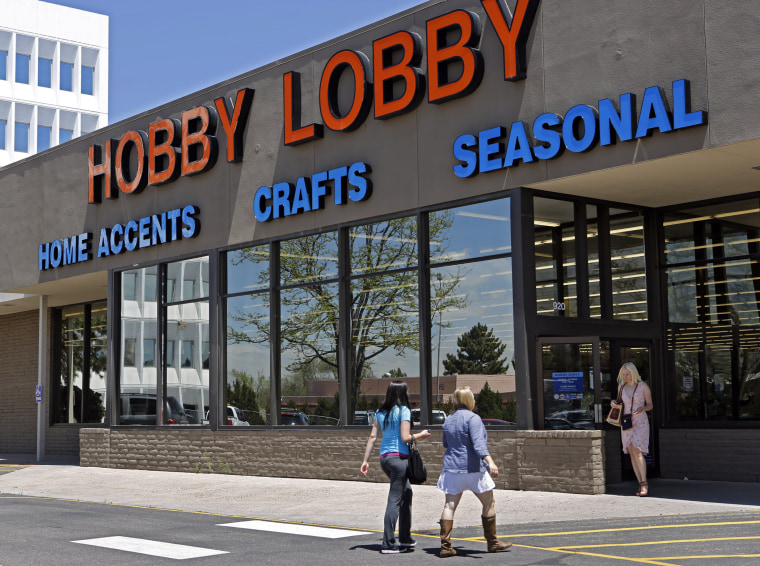At first blush, it appeared the Affordable Care Act's policy on contraception suffered a serious setback on New Year's Eve, at the hands of Supreme Court Justice Sonia Sotomayor. Indeed, the Associated Press' headline that night suggested the entire birth-control mandate had been "delayed" by the high court just hours before it was scheduled to take effect.
But that's not quite what happened.
Rather, Sotomayor granted a routine, temporary stay to a handful of Roman Catholic non-profit organizations seeking an exemption from the contraception policy. The Obama administration will respond by tomorrow and the litigation will continue. As Irin Carmon reported:
After [the administration responds], the Justice, who oversees the circuit where the case was first filed, will either issue a further ruling herself or refer it to the full court. The decision applies only to the organizations in question and doesn't affect the broader contraceptive coverage regulations in the Affordable Care Act, which have already gone into effect for millions of American women. But it may signal that the broader court is receptive to arguments that filling out a form for an employee to get birth control directly from an insurer is a substantial burden on religion.
Many are no doubt familiar with the pending case involving Hobby Lobby, in which private business owners are claiming that corporations are people with religious beliefs, capable of spiritual objections to workers' contraception access. While that case has already arrived at the Supreme Court, the news on New Year's Eve is entirely separate -- this is a different matter altogether.
From the administration's perspective, officials have already presented a credible solution. Under the law, churches and other houses of worship are already exempt, and non-profit groups with religious objections to birth control can take advantage of a compromise unveiled a year ago that allows organizations to offer health coverage without paying for contraception directly.
This case has been filed by those who believe the compromise doesn't go far enough to accommodate their anti-birth control objections -- as Irin added, these groups "have filed suit in federal court saying that filling out a form for someone else to get birth control is a substantial burden on their religion."
But again, just to clarify, the temporary stay granted by Sotomayor applies only to the groups involved with this case, not the whole country. The contraception policy is in effect for everyone else.
Update: I'd originally reported that the plaintiffs had different motivations: the Hobby Lobby case is about striking down the contraception provision in the law, while the religious non-profit groups are seeking an exemption from the law. As it turns out, that's incorrect: the plaintiffs in both cases say they want an exemption, though in the Hobby Lobby case, the success of the case would have far broader implications.
